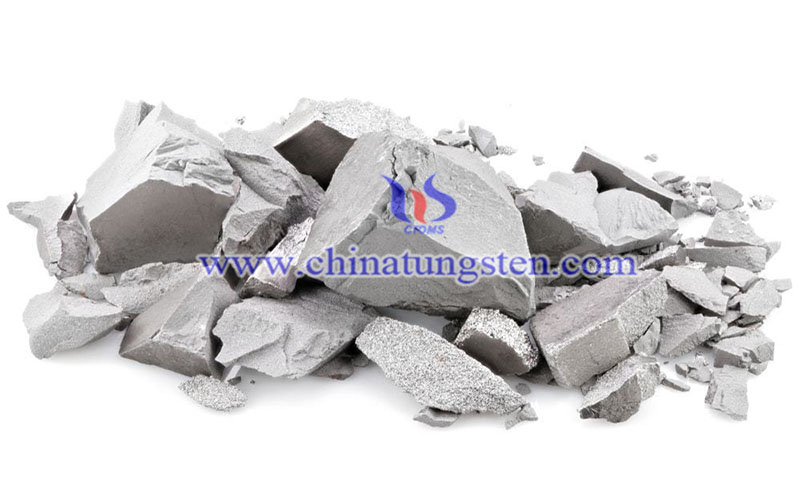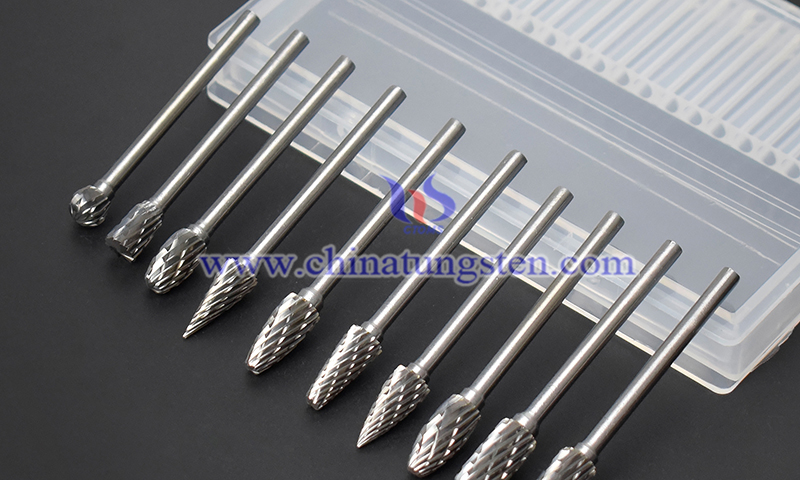The 3 Most Common Tungsten Alloys—Its Properties & Applications
- Details
- Category: Tungsten Information
- Published on Tuesday, 06 September 2022 10:29
Alloys are metals made by combining two or more metallic elements, primarily to provide greater strength or corrosion resistance. The tungsten alloy family has many industrial applications due to its strength. Tungsten offers a unique contribution because it imparts exceptional strength, corrosion resistance and other useful properties to base metals. In addition to being an excellent alloying element, tungsten can also serve as the basis for its own alloys, and this article will focus on the basic categories of these tungsten alloys. Below are some details on the 3 most common tungsten alloys widely used in industry. Their properties and applications will also be introduced.

Tungsten Nickel Iron
In terms of flexibility, strength and density, tungsten-nickel-iron alloys are the most common tungsten alloys. The tensile strength of these metals is between 600 and 1000 MPa, far exceeding most, if not all, other alloys.
The most common tungsten alloy, tungsten-nickel-iron alloys are among the best in ductility, strength and density. They are silver-grey and have a density range of 16.85-19.3 g/cm3. The tensile strengths of these metals range from 600-1000 MPa, exceeding most, if not all, other alloys. These alloys have good machining quality and plasticity to withstand high temperatures, while still having 5 times the thermal conductivity of die steel. They have 1.7 times the radiation shielding power of lead and are non-toxic to biological systems (the same cannot be said for lead). Iron makes these alloys magnetic, and it is important to know if they are intended for any magnetically sensitive operations, such as medical imaging equipment. Tungsten-nickel-iron alloys have a low coefficient of expansion useful in glass-to-metal seals and a high elastic modulus, which makes them resistant to elastic deformation.
These alloys are ideal for radiation shielding because their high density matches their radiation resistance, making them ideal for protecting components. Some notable applications include counterweights, security and defense applications, ballasts, bearing assemblies, and more.

Tungsten Nickel Copper Alloy
The non-magnetic cousin of tungsten-nickel-iron alloy is tungsten-nickel-copper alloy. They are as popular as nickel-iron alloys, but generally have lower tensile strength (500-700 MPa) and ductility. They are good electrical conductors and, despite their high mechanical strength, are easy to process. They have excellent thermal stability and are shielded from radiation like other tungsten alloys. They are comparable to other tungsten alloys in terms of thermal stability and radiation resistance. Tungsten-nickel-copper alloys are non-magnetic materials that you can use where tungsten-nickel-iron alloys are magnetically destructive.
They are widely used in oncology tools, electronic sensor shielding, guidance system components and military technology. Due to its remarkable density and strength, you can use heavy tungsten alloys for other ordnance.
Tungsten Carbide
Tungsten carbide (WC) is a ceramic-like compound made by using a sintering process in which carbon black is added to tungsten powder, which cools and forms an extremely hard and brittle cement. It can be a tungsten carbide (WC) or ditungsten carbide (W2C) matrix, each with unique properties depending on composition and manufacturing method. It is the most important tungsten compound, accounting for 60% of all tungsten applications.
While tungsten carbide is difficult to handle, forge, machine, turn or deform once made, it resists wear, scratches, erosion, corrosion and extreme temperature changes.
It lasts 100 times longer than steel and is as hard as diamond. Tungsten carbide tools can easily cut almost any other material and be used at high speeds due to their hardness.
Cutting tools, ammunition, mining and drilling, nuclear energy, recreational sports, medical equipment, jewelry and other applications are just a few of the many applications for tungsten carbide.
Article Source: https://www.tungco.com/blog/3-common-types-tungsten-alloys-used-today/
- Tungsten Alloy Manufacturer & Supplier, Chinatungsten Online: www.tungsten-alloy.com
- Tungsten News & Prices of China Tungsten Industry Association: www.ctia.com.cn
- Molybdenum News & Price: news.molybdenum.com.cn
- Tel.: 86 592 5129696; Fax: 86 592 5129797; Email: sales@chinatungsten.com



 sales@chinatungsten.com
sales@chinatungsten.com